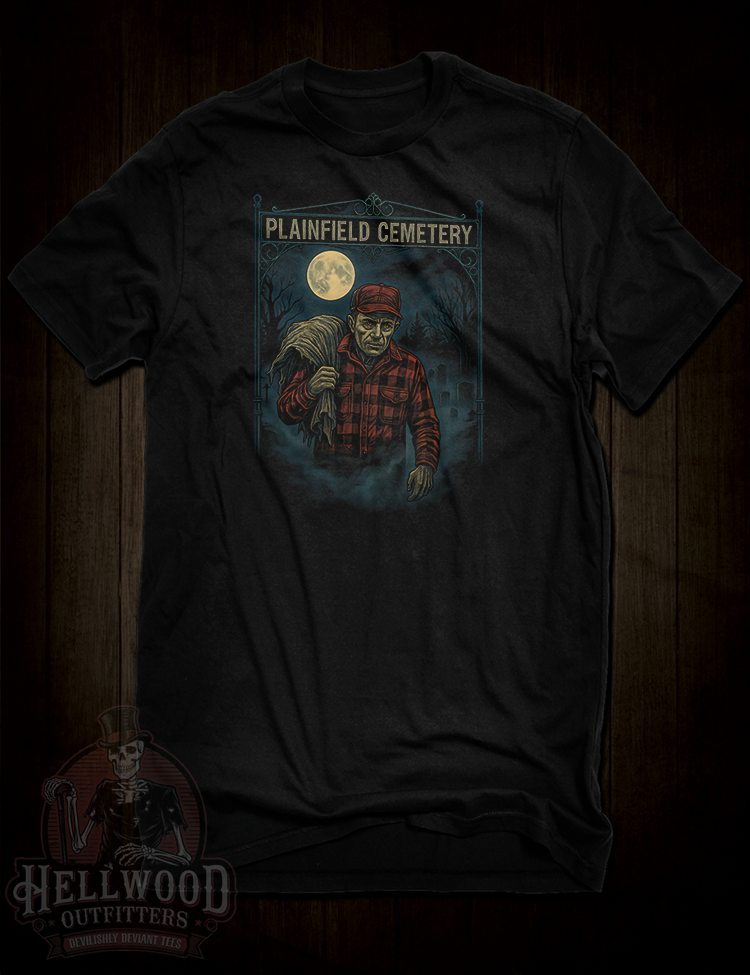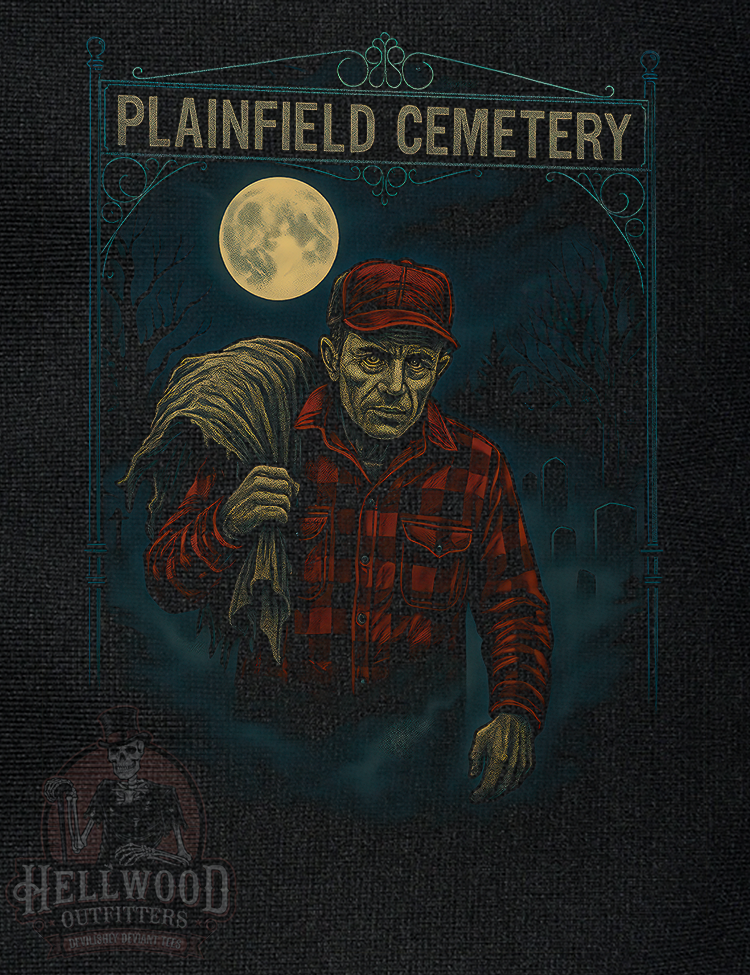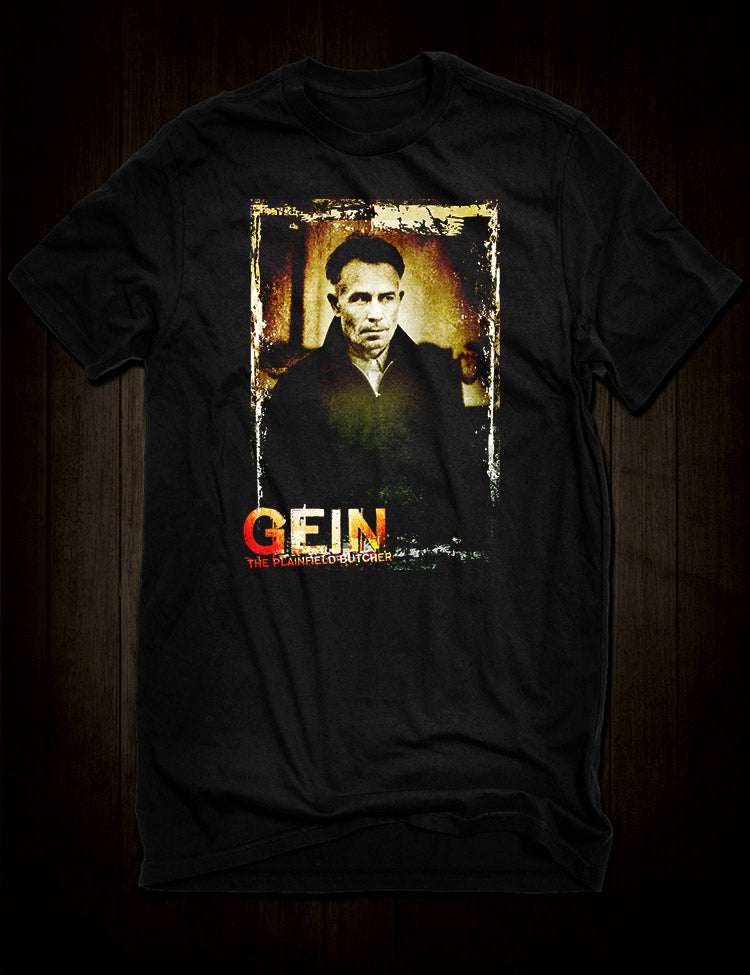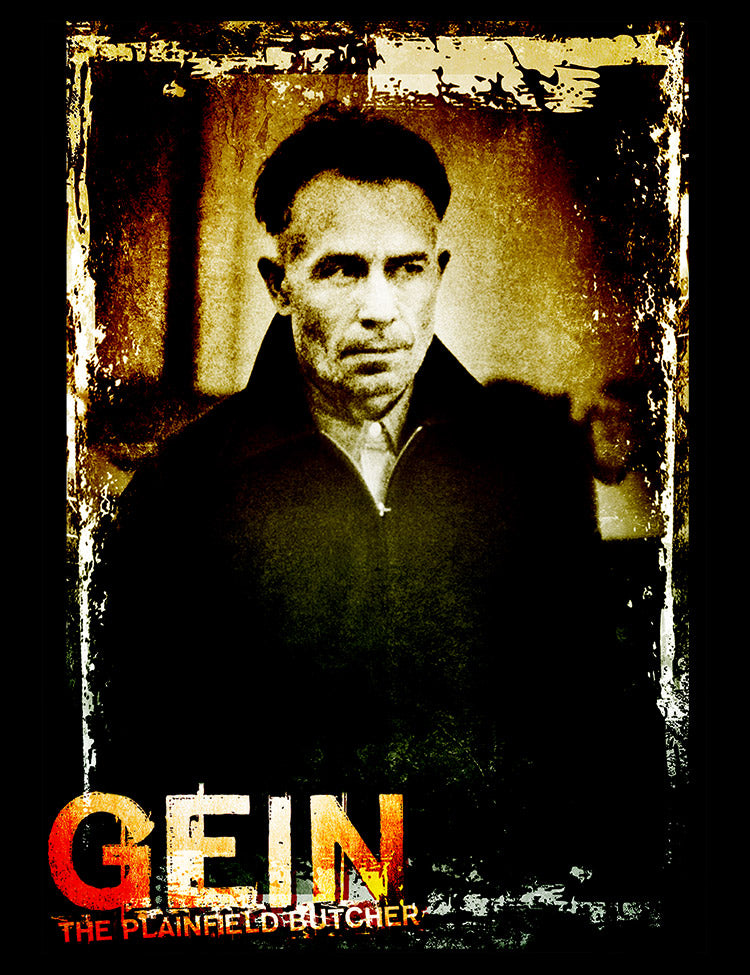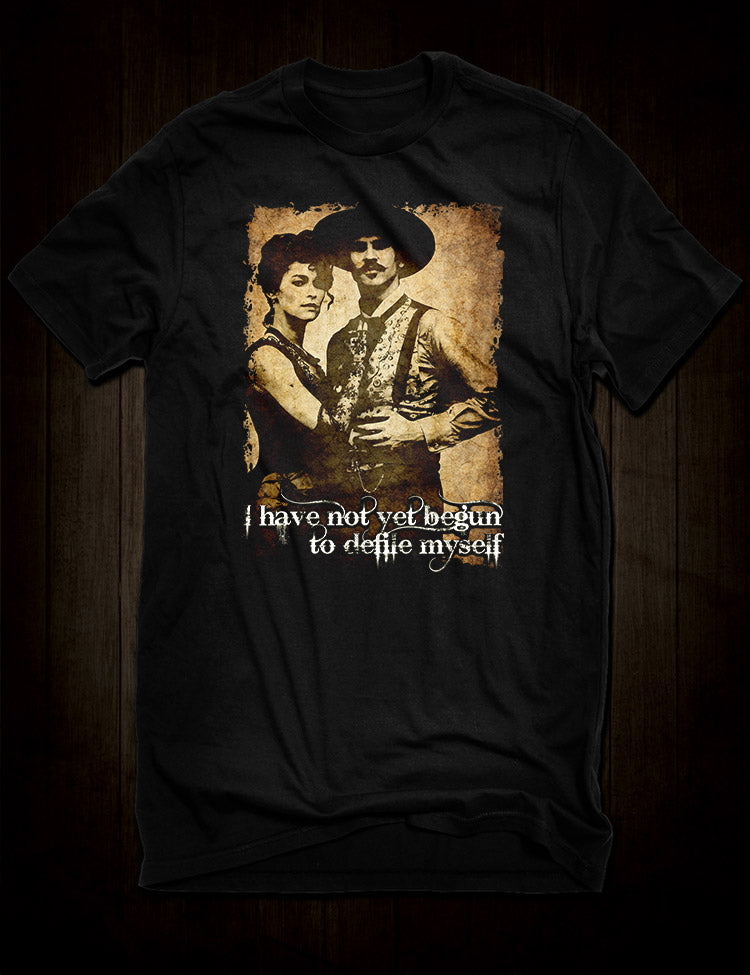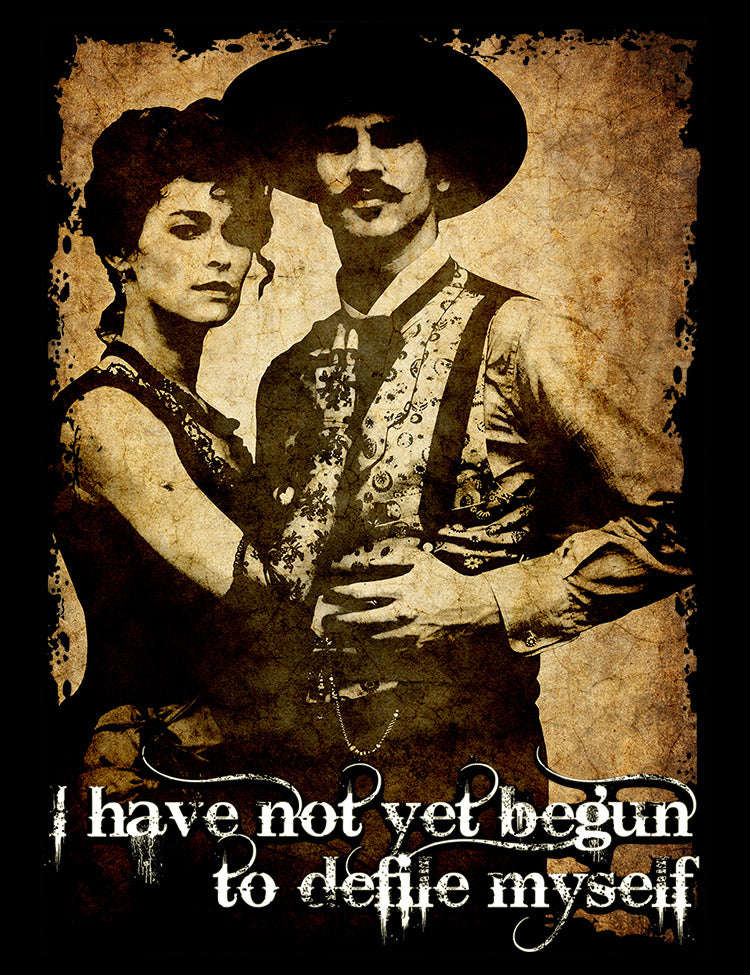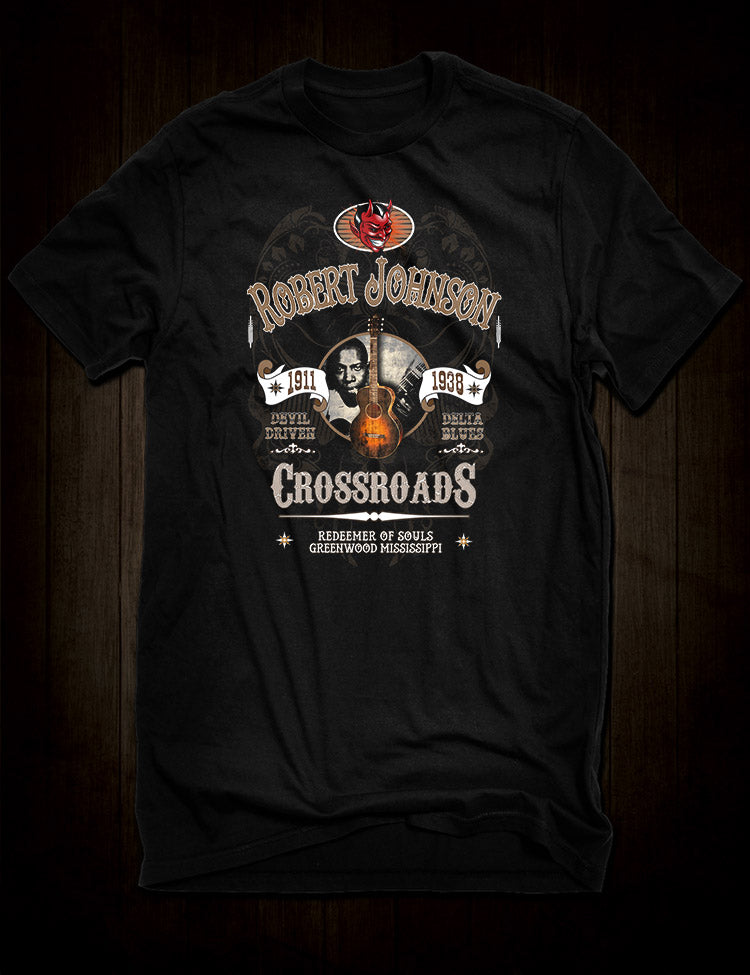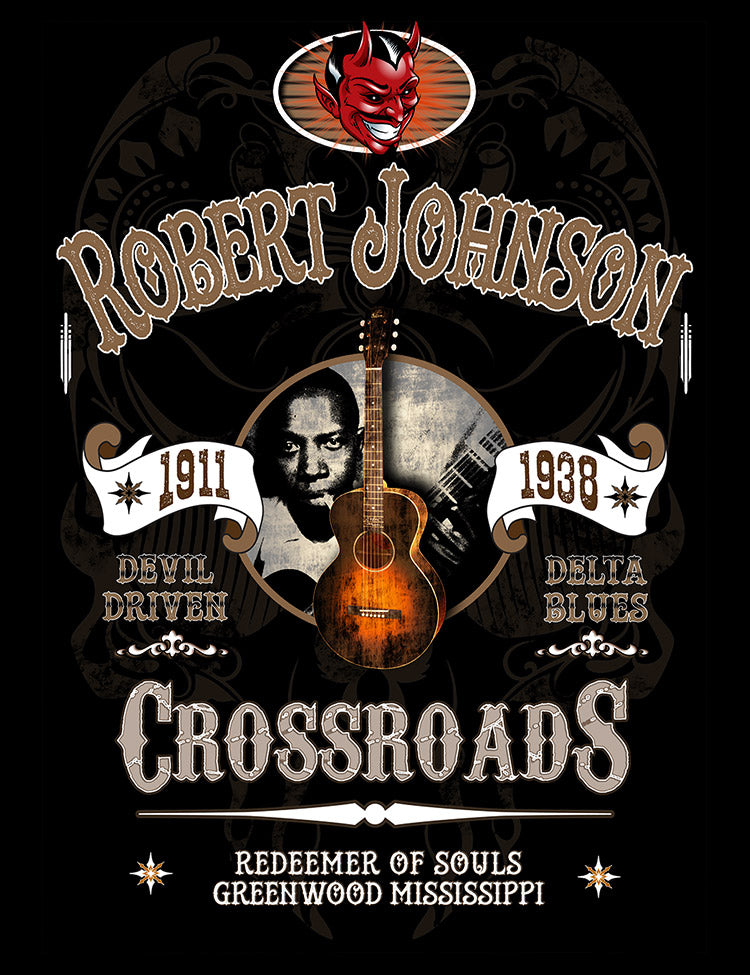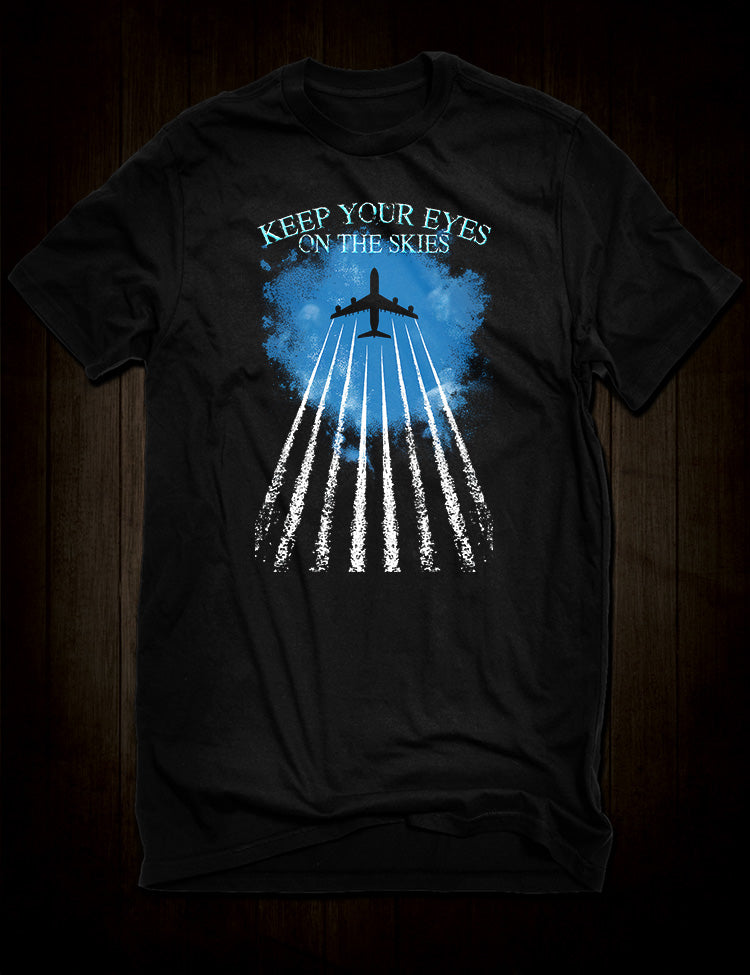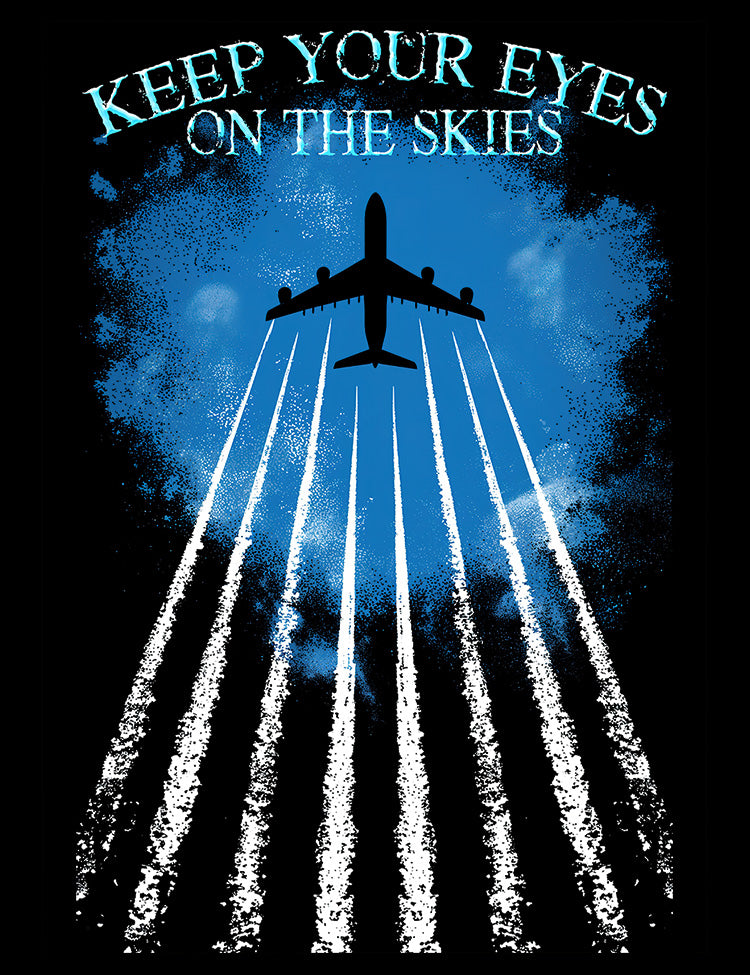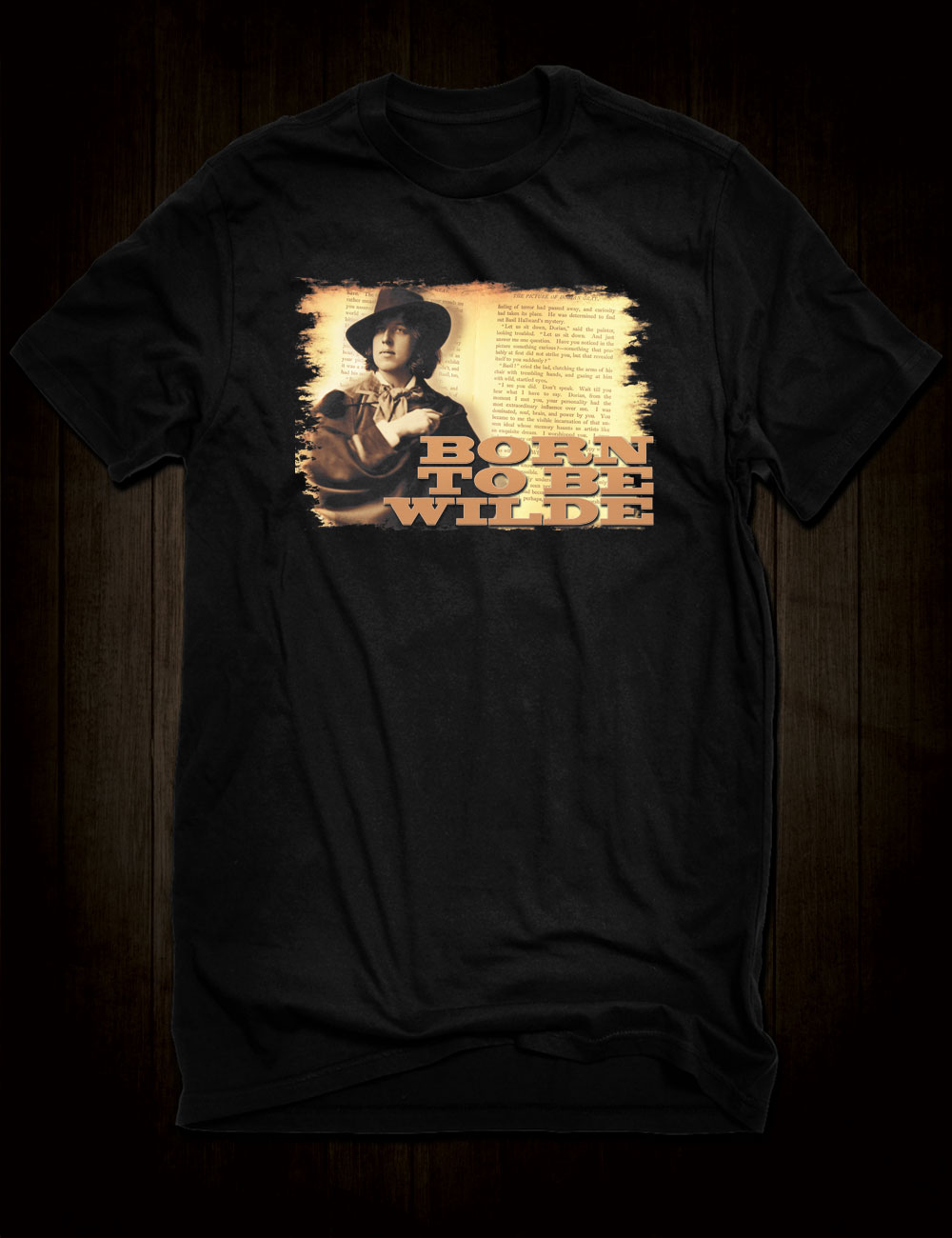
From Page to Tee: Famous Writers and Their Place in Dark Fashion

Literature isn’t just read — it’s lived, worn, and carried. Across centuries, writers have inspired rebellion, art, and even style. Today, literary t-shirts have emerged as one of the boldest ways to wear your allegiance to words and ideas that refuse to die. At Hellwood Outfitters, our designs don’t just celebrate novels — they immortalize the writers themselves, turning literary genius into wearable counterculture.
Why Writers Inspire Fashion
Writers have long been more than just wordsmiths. They’ve been rebels, romantics, outcasts, and icons. Think of Oscar Wilde in his velvet jackets and biting wit, Ernest Hemingway with his rugged masculinity, or Virginia Woolf radiating intellectual elegance. Each writer’s personal style shaped their myth — and continues to inspire modern aesthetics.
“Fashion is only different forms of ugliness so intolerable that we have to alter them every six months.” — Oscar Wilde
But when it comes to t-shirts, the appeal runs deeper. They’re not just garments — they’re manifestos. Wearing a Dostoevsky tee or a Hermann Hesse t-shirt signals alignment with philosophy, darkness, and intellectual rebellion.
The Rise of the Literary Tee
The graphic tee exploded in the 1970s counterculture, where slogans, bands, and underground movements claimed cotton as a political canvas. By the 1980s and 1990s, t-shirts had become a democratic uniform of rebellion — from punk slogans to cult film icons.
Literary t-shirts took shape as an underground phenomenon, with radical bookstores printing small runs of author-inspired designs. They bridged the world of books and rebellion, allowing readers to carry their identity beyond the page.
Today, that legacy lives on at Hellwood — where our literary t-shirt collection sits at the intersection of fashion, cult cinema, and literature.
Authors Immortalized in Cotton
Some writers transcend time, their ideas burned into culture. Here are icons most often reimagined in Hellwood designs — from 19th-century rebels to modern literary punks.
Oscar Wilde — The Dandy Rebel
Wilde (1854–1900) embodied decadence and defiance. His most famous works, The Picture of Dorian Gray (1890) and The Importance of Being Earnest (1895), blend wit, irony, and scandal. Jailed for “gross indecency,” he became a martyr for individuality.
“I can resist everything except temptation.” — Oscar Wilde
On a t-shirt, Wilde’s face isn’t just nostalgia — it’s a dare to live unapologetically.
Buy the Born To Be Wilde TeeFyodor Dostoevsky — The Philosopher of Darkness
Dostoevsky (1821–1881) was haunted by poverty, prison, and epilepsy. His novels — Crime and Punishment (1866), The Brothers Karamazov (1880), Notes from Underground (1864) — wrestle with morality and redemption.
“Man is sometimes extraordinarily, passionately, in love with suffering.” — Dostoevsky
His presence on a tee represents the beauty and brutality of human contradiction.
Buy the Dostoevsky TeeFranz Kafka — Prophet of Alienation
Kafka (1883–1924) captured the absurdity of modern life in works like The Trial, The Castle, and Metamorphosis. His name birthed an adjective: “Kafkaesque.”
“A book must be the axe for the frozen sea inside us.” — Kafka
A Kafka shirt is a badge of existential dread worn with ironic pride.
Buy the Kafka TeeDavid Foster Wallace — The Postmodern Prophet
D.F.W. (1962–2008) combined postmodern complexity with raw honesty. His 1,000-page novel Infinite Jest (1996) became a Gen-X bible. His essays (Consider the Lobster, This Is Water) revealed the struggle to live authentically in a media-saturated age.
“The truth will set you free. But not until it is finished with you.” — David Foster Wallace
A Wallace tee resonates with readers who crave both irony and sincerity — two sides of the same cultural coin.
Buy the DFW TeeChuck Palahniuk — The Punk Satirist
Palahniuk (b. 1962) is the cult king of shock lit. His breakout novel Fight Club (1996) tapped into toxic masculinity and anti-consumerist rage. Other works like Choke, Lullaby, and Haunted cemented his reputation as literature’s underground provocateur.
“It's only after we’ve lost everything that we’re free to do anything.” — Fight Club
On a t-shirt, Palahniuk channels the spirit of the outsider — dangerous, sardonic, unignorable.
Buy the Palahniuk TeeHarry Crews — The Southern Outlaw
Crews (1935–2012) chronicled the gritty underbelly of the American South. Novels like The Gospel Singer (1968) and A Feast of Snakes (1976) mixed grotesque violence with raw humanity. A fighter, biker, and brawler, he lived as wildly as he wrote.
“Survival is triumph enough.” — Harry Crews
A Crews tee embodies the unapologetic rawness of a writer who turned scars into scripture.
Buy the Harry Crews TeeLesser-Known Writers Who Belong on Tees
- Jean Genet — French thief, lover, and poet who turned prison life into poetry.
- Clarice Lispector — Brazil’s enigmatic novelist, whose fragmented narratives explore the soul’s abyss.
- J.G. Ballard — British visionary of dystopia (Crash, High-Rise), whose imagination anticipated modern chaos.
These writers embody the Hellwood spirit: dangerous, overlooked, unforgettable. Expect to see more of them creeping into future designs.
How to Style Literary Tees
- Dark Academia: Pair a Kafka tee with an oversized blazer and leather satchel.
- Punk Influence: Palahniuk shirt under a biker jacket, paired with boots.
- Minimalist Edge: A Wallace tee with clean denim and trainers — irony dressed casual.
Why Literary T-Shirts Are More Than Fashion
Wearing a literary t-shirt isn’t just about aesthetics. It’s about declaring allegiance to an idea. These shirts are:
- Manifestos: You wear the philosophy you believe in.
- Conversation Starters: Instantly recognizable to fellow readers.
- Identity Statements: They connect you with intellectual outsiders across time.
Conclusion — Page, Print, and Persona
From Wilde’s wit to Palahniuk’s rage, from Dostoevsky’s darkness to Crews’ scars, writers continue to define how we see the world. At Hellwood Outfitters, we keep their fire alive through our writer-inspired t-shirts. These aren’t just clothes — they’re wearable literature, intellectual armor, and rebellion stitched in cotton.

